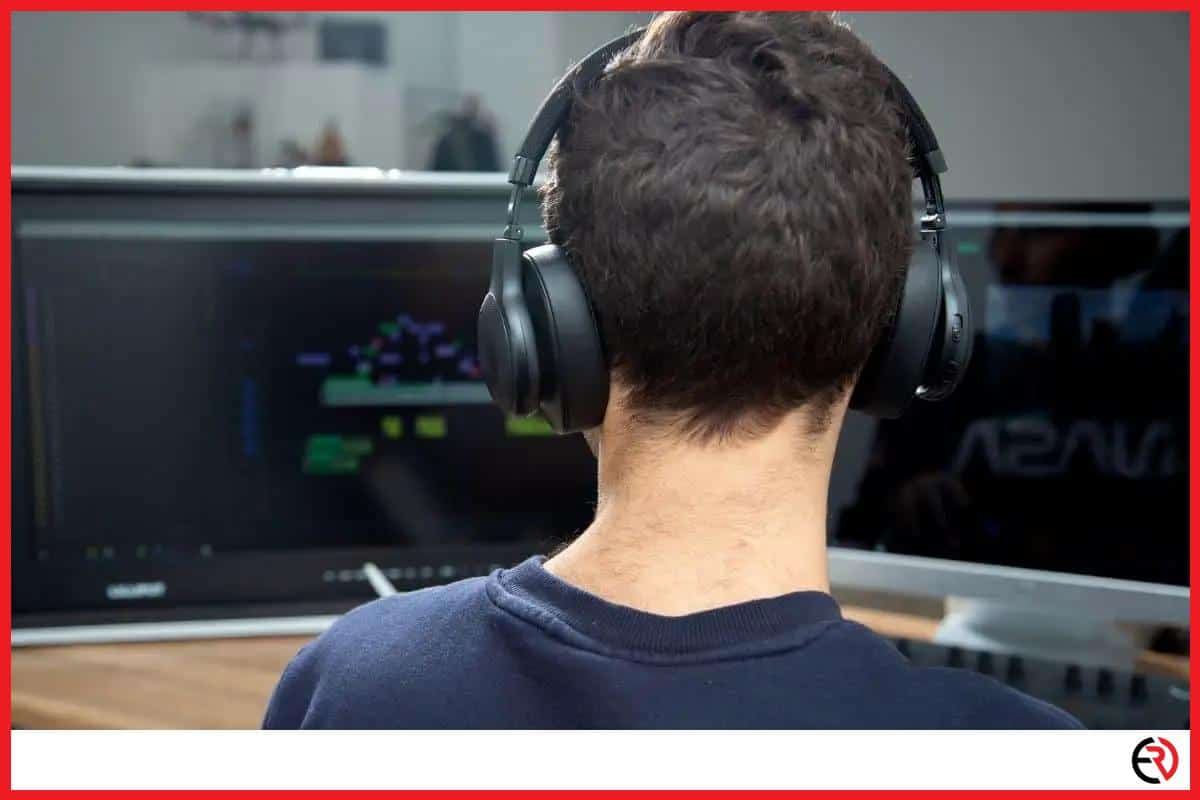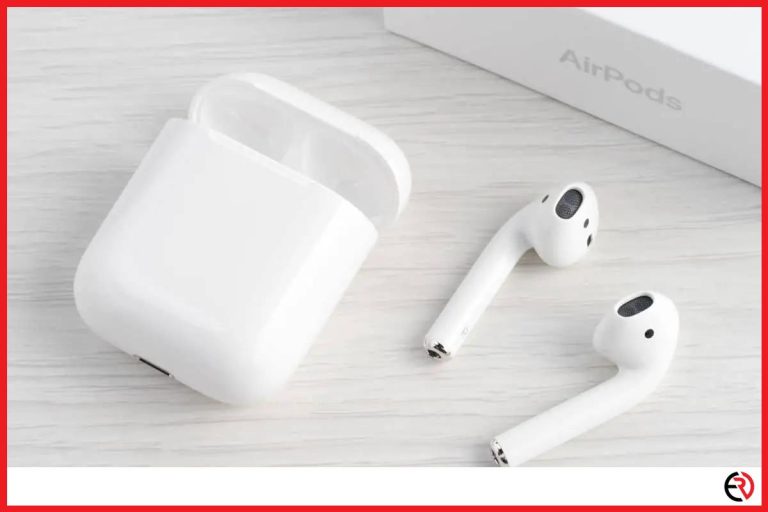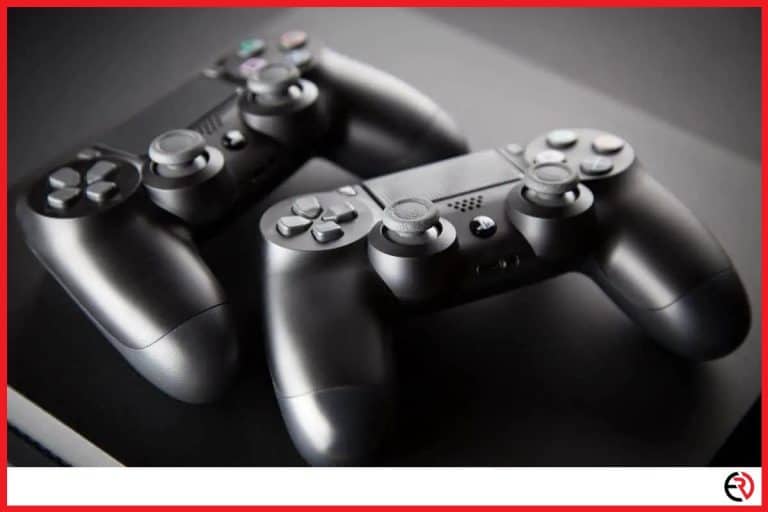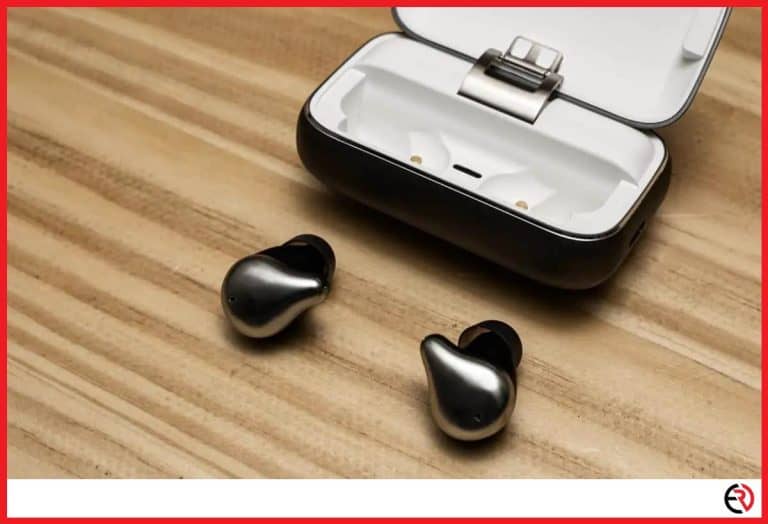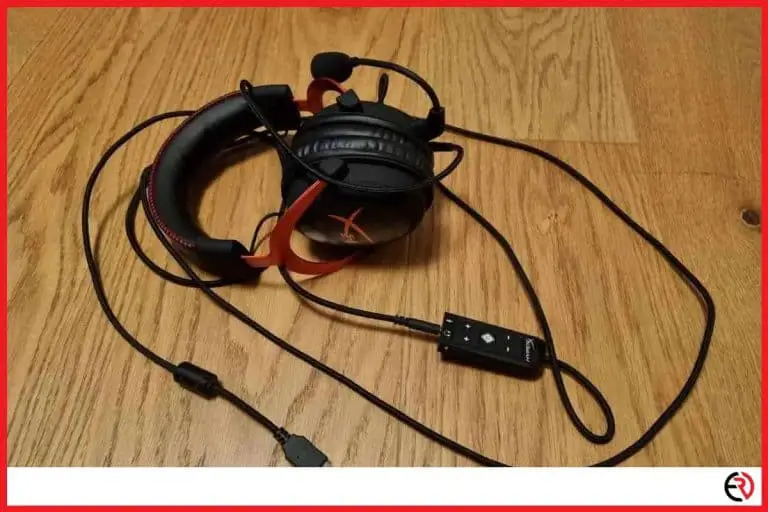Are Wireless Headsets Good for Gaming? (With pros and cons)
This post may contain affiliate links which means that, if you choose to make a purchase, I may earn a small commission at no extra cost to you.
A reliable headset is essential for me to win those drops and have the most immersive gaming experience possible. Whether you like Real-Time Strategy games, FPS shooters, or a Battle Royale, gamers usually tend to lean towards wired headsets for gaming. However, wireless headsets have come a long way and that makes you wonder if they are any good for gaming.
Fortunately, wireless headsets, especially those that are made for gaming have improved tremendously over the past few years and can be a solid alternative to wired headsets for gaming.
Let’s check out how far those advancements go and why you may consider wireless headsets for console or PC gaming.
Audio Quality
When it comes to cheap and lower-end wireless headsets, they still lag compared to wired alternatives in more ways than one. The sound isn’t clear and the directional output isn’t great either. Moreover, they have considerable lag due to the use of cheap transceivers and hence you miss enemies who aren’t even trying to sneak up on you.
However, as you move up the price ladder, the difference in sound quality keeps fading and becomes almost non-existent at the higher-end. They have high-quality condensers and transceivers that provide crisp sound and minimal lag. The lag is so insignificantly small that only highly trained ears of audiophiles and Esports champions may be able to notice it.
As long as you don’t fall into the trap of buying a Bluetooth gaming headset, you can count on the sound quality and reliability of the connection. Bluetooth has a very small range, limited bandwidth, and is highly susceptible to interference.
Good quality gaming headsets use WiFi to connect to your console or PC and usually come with a dedicated USB receiver to connect to your hardware. They have thousands of times more bandwidth compared to Bluetooth and can even play lossless audio formats like FLAC or ALAC. They also boast a range of hundreds of feet and can establish a reliable connection.
However, the interference kicks in when I’m gaming on the couch and people decide to walk between the wireless headset and the receiver connected to my PS5. Those milliseconds of static crackling can be very annoying. However, I’m willing to ignore this small con, when the list of advantages is so overwhelming.
External Mic
When wireless gaming headsets were new they were designed with an internal microphone so that you can chat with your friends and teammates. However, they were “terrible” to put it lightly and the overwhelming amount of background noise and interference just made it worse.
Modern gaming headsets have corrected that flaw with dedicated external microphones that can be removed or retracted away. Moreover, mid to high-end wireless gaming headsets even have external mics with ANC (Active Noise Canceling) and windscreen to keep ambient noises away. I’m able to communicate with my friends without any issues. You can even buy higher-quality third-party external microphones if you don’t like the stock version.
The HyperX Cloud II Wireless has a great external mic where your friends can hear you loud and clear.
Mobility
When you’re gaming on a PC, this may not seem like a feature that you need. I don’t think about it either when I’m playing Battlefield, Counter-Strike, Civilizations, or other such games that require heavy use of the keyboard and mouse.
However, when I want to play co-op games or play PlayStation exclusive titles like God of War and The Last of Us series, I want to sit back on the couch with my controller without stressing over cable management.
Wireless headsets allow me to move freely and make all sorts of motions without thinking about cable tension. I don’t have to worry about the cable tension removing the headset forcefully and banging it on the floor. Even if you’re a PC gamer, rage moments are all too familiar and a wireless headset lets you scream and shout with all sorts of head and body motions and vent out your frustration without worries.
I also love other small freedoms that wireless mobility allows. For instance, when someone’s at the door, or I need to receive a package, I don’t need to take off my headphones. There has been more than one occasion where I forgot I was wearing headphones and was swiftly reminded of its existence from the hard pull of the cable tension. Moreover, there is no cable management to worry about. These small conveniences add up to make a big difference.
Why should you not get a wireless headset for gaming?
Wireless headsets have made remarkable progress over the years. However, some disadvantages may discourage you from buying one:
1. Battery life – With wired headsets, you can plug and play. It’s simple and quick. On the other hand, wireless headsets have batteries that need to be changed quite often. When I forget to keep mine juiced up, I come across the dreaded low battery warning when I’m about to play a game.
2. Durability – The batteries in wireless headsets need to be charged quite often. The Lithium-ion or Lithium-Polymer batteries inside these headsets have a short lifespan of a few years if you use them quite often. When they can’t hold charge efficiently, they need to be replaced and if your manufacturer doesn’t support it, you have to buy a new headset. Wired headsets can last for years with proper care.
Check out this article for a list of the best durable gaming headsets.
3. Build-quality – If you pick up a wireless headset that’s similarly priced as a wired headset, you’ll often find the wired headset to have better build quality. Wireless headsets need to spend a good chunk of the cost on batteries. Wired headsets don’t need to do that and can pass on the benefit to the consumer in terms of better build quality.
Conclusion
While there are a few disadvantages of using a wireless headset, I think the pros outweigh them all with added convenience, mobility, great sound quality, and ease of use. They can be a great alternative to wired headsets, especially for gaming. However, the final decision boils down to your personal choice and preference. I hope this article was able to guide you in the proper direction.

